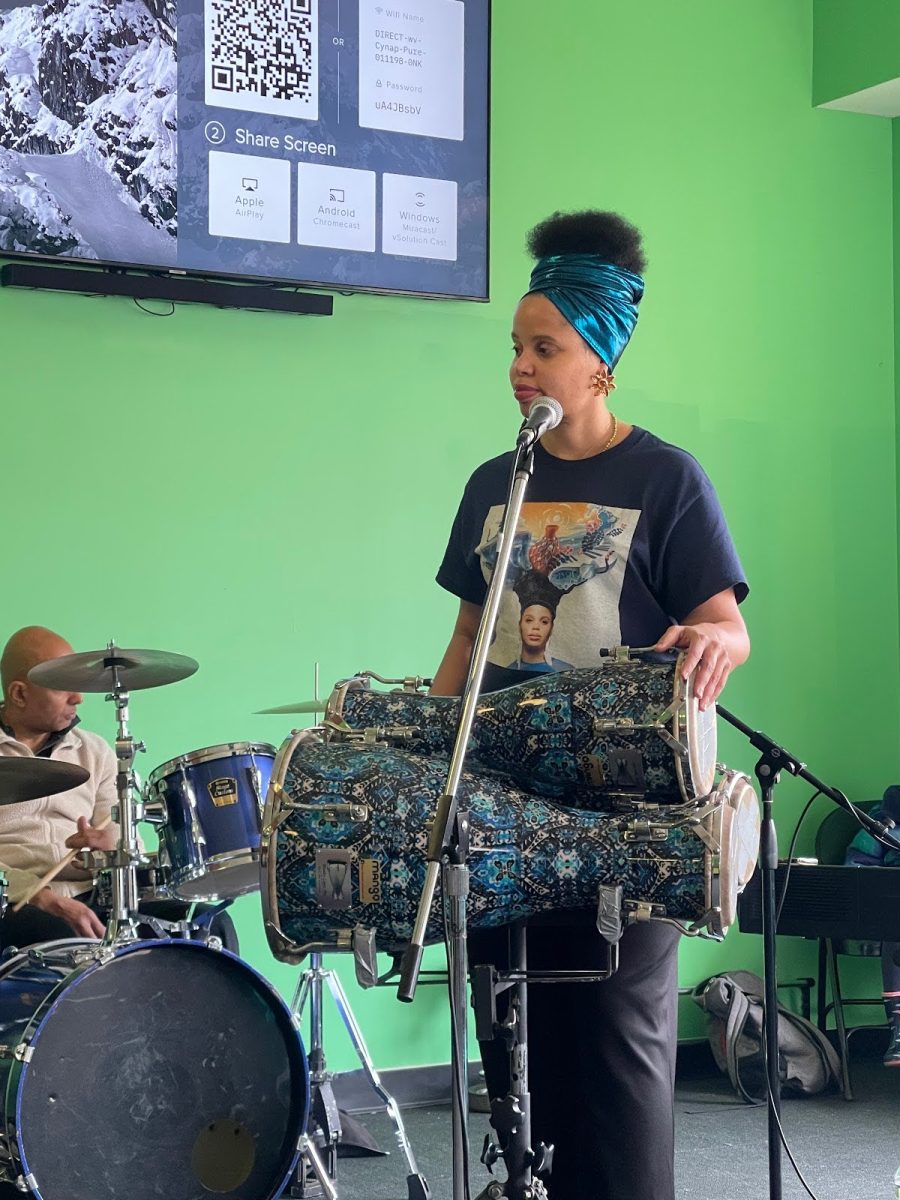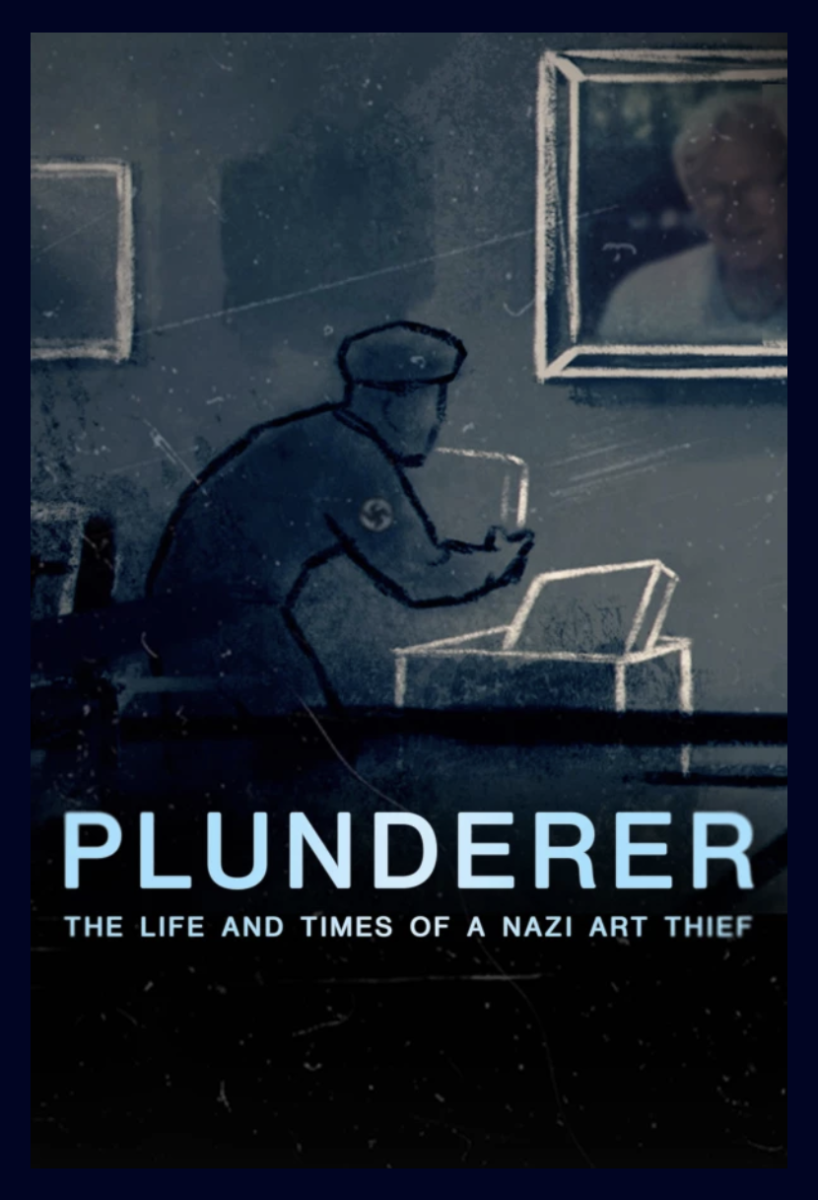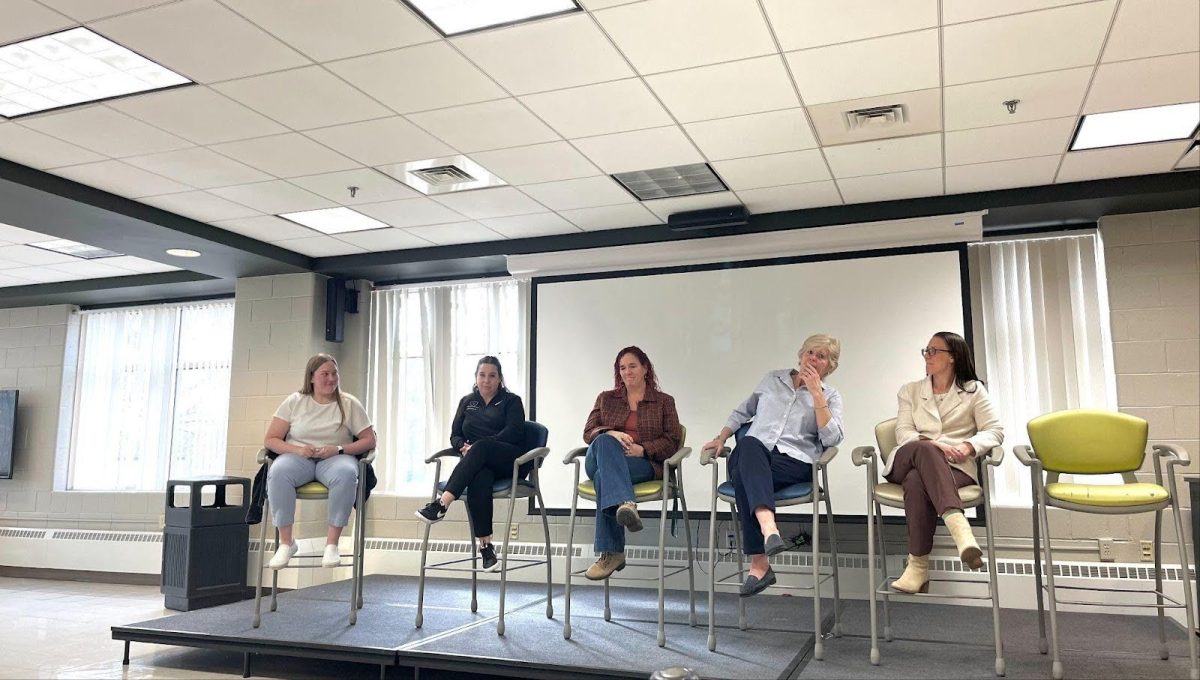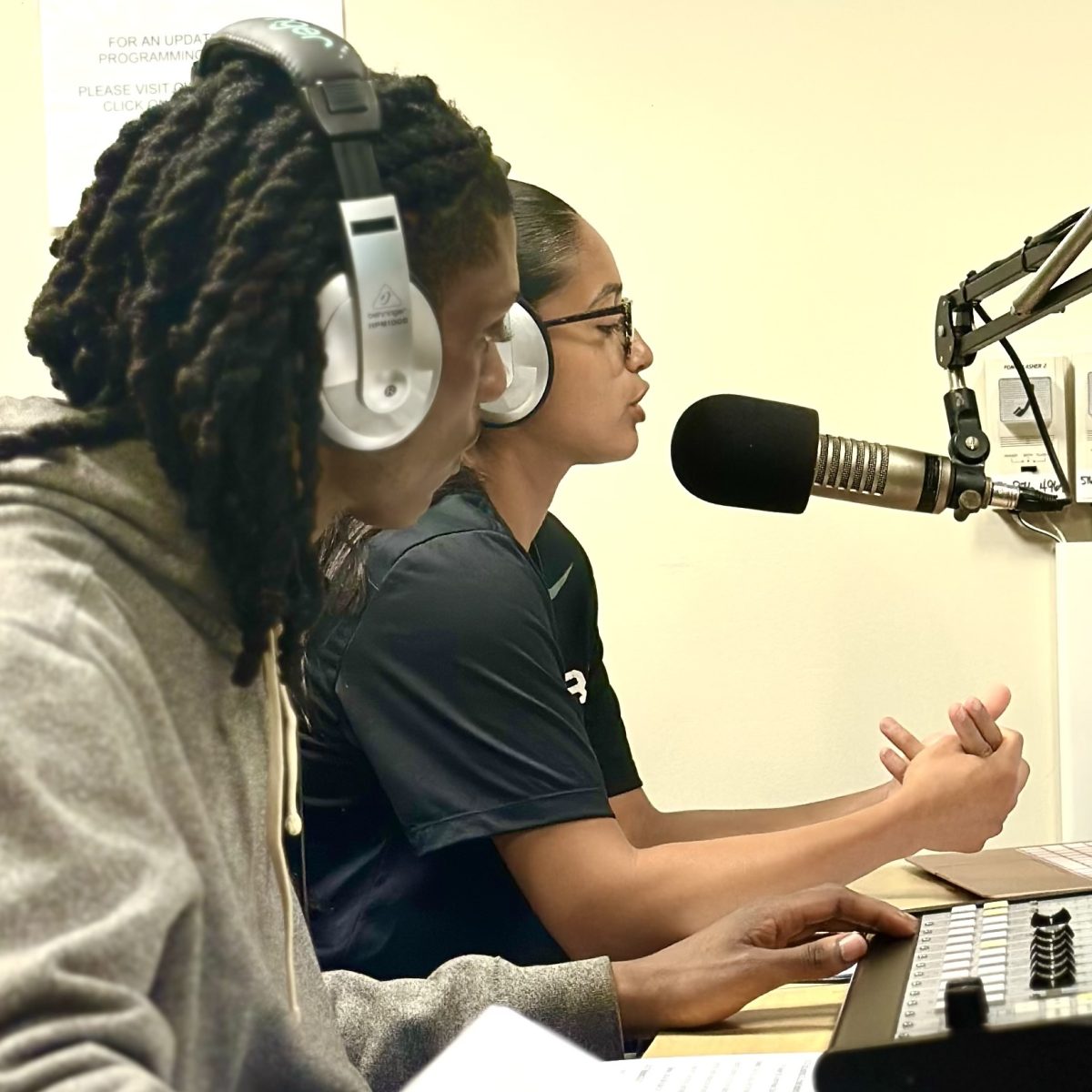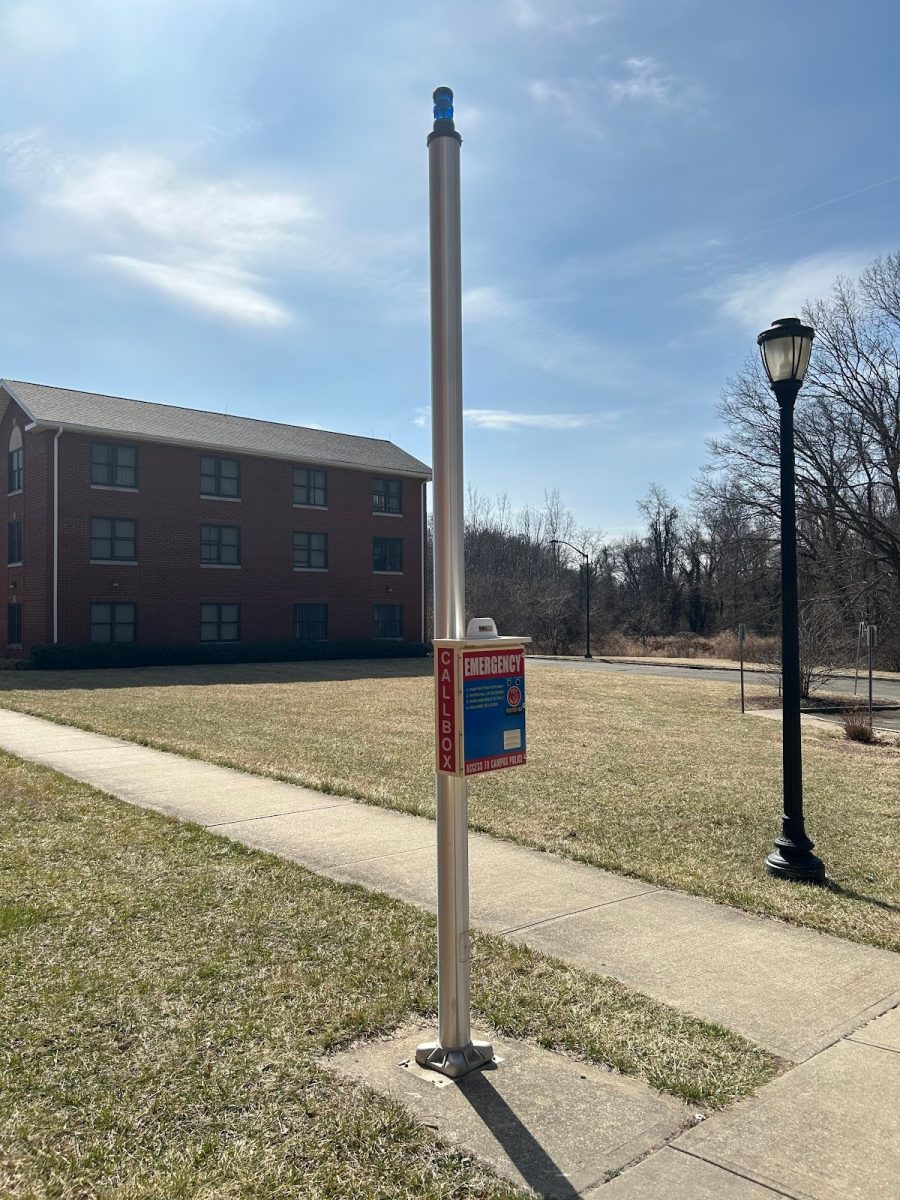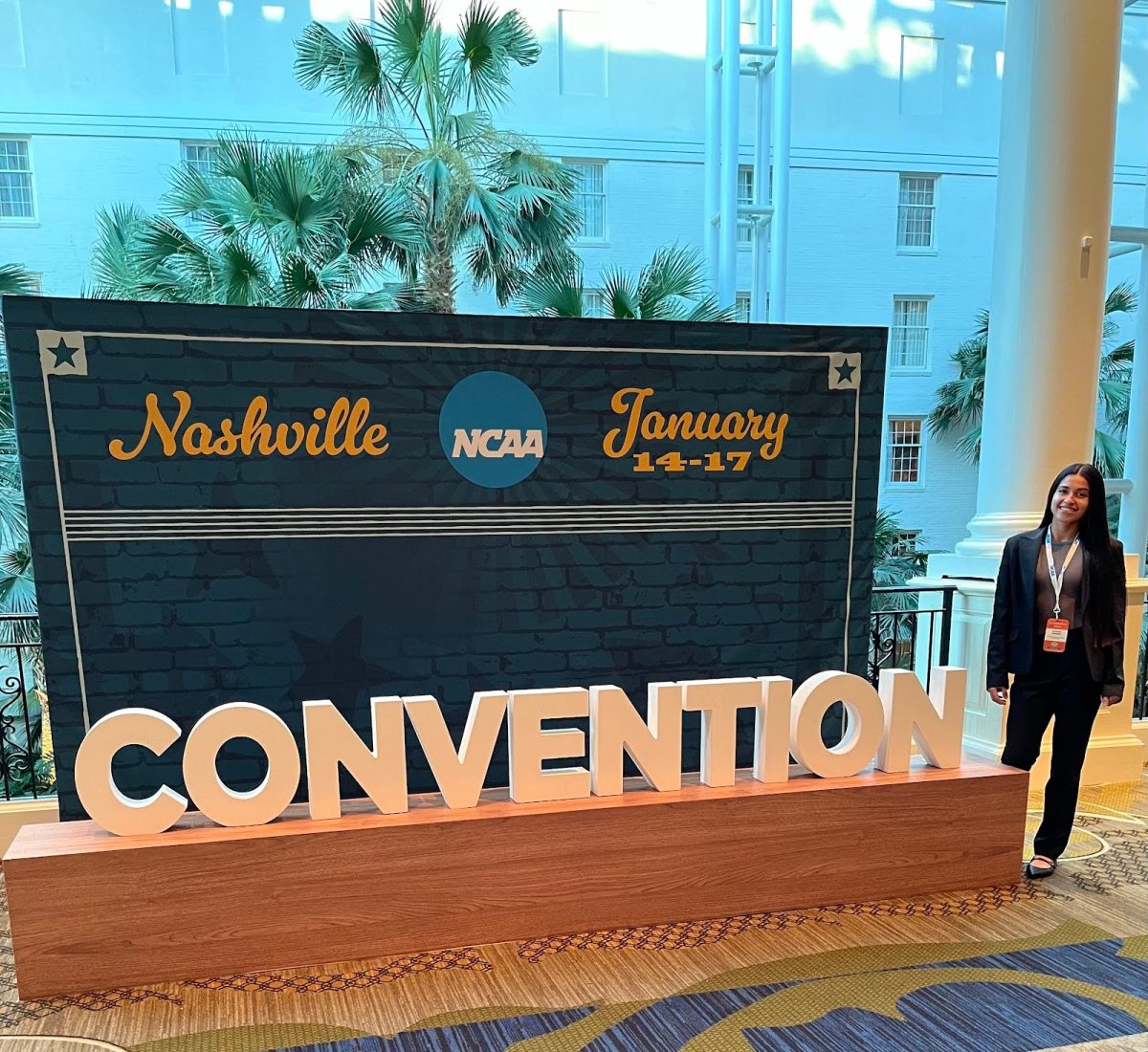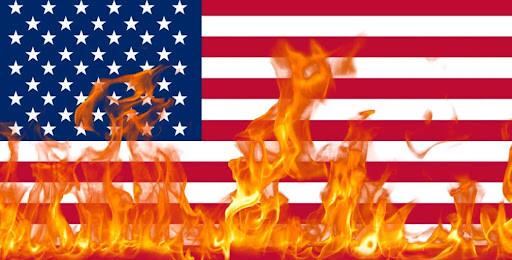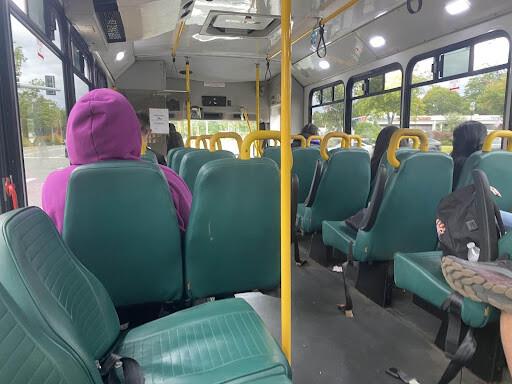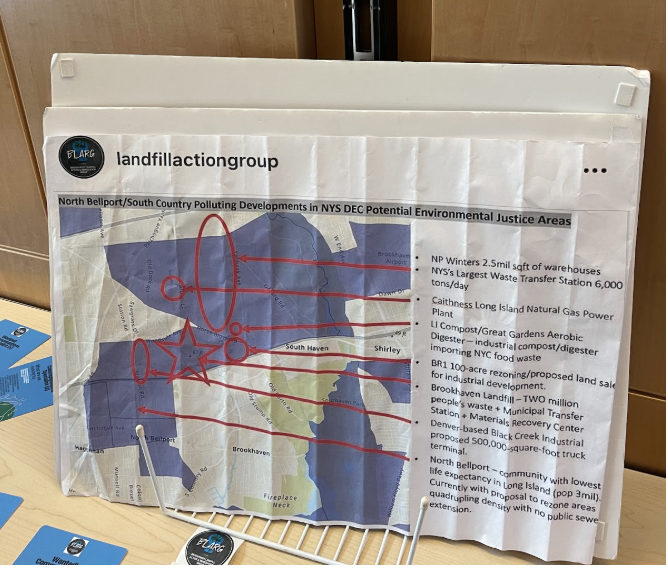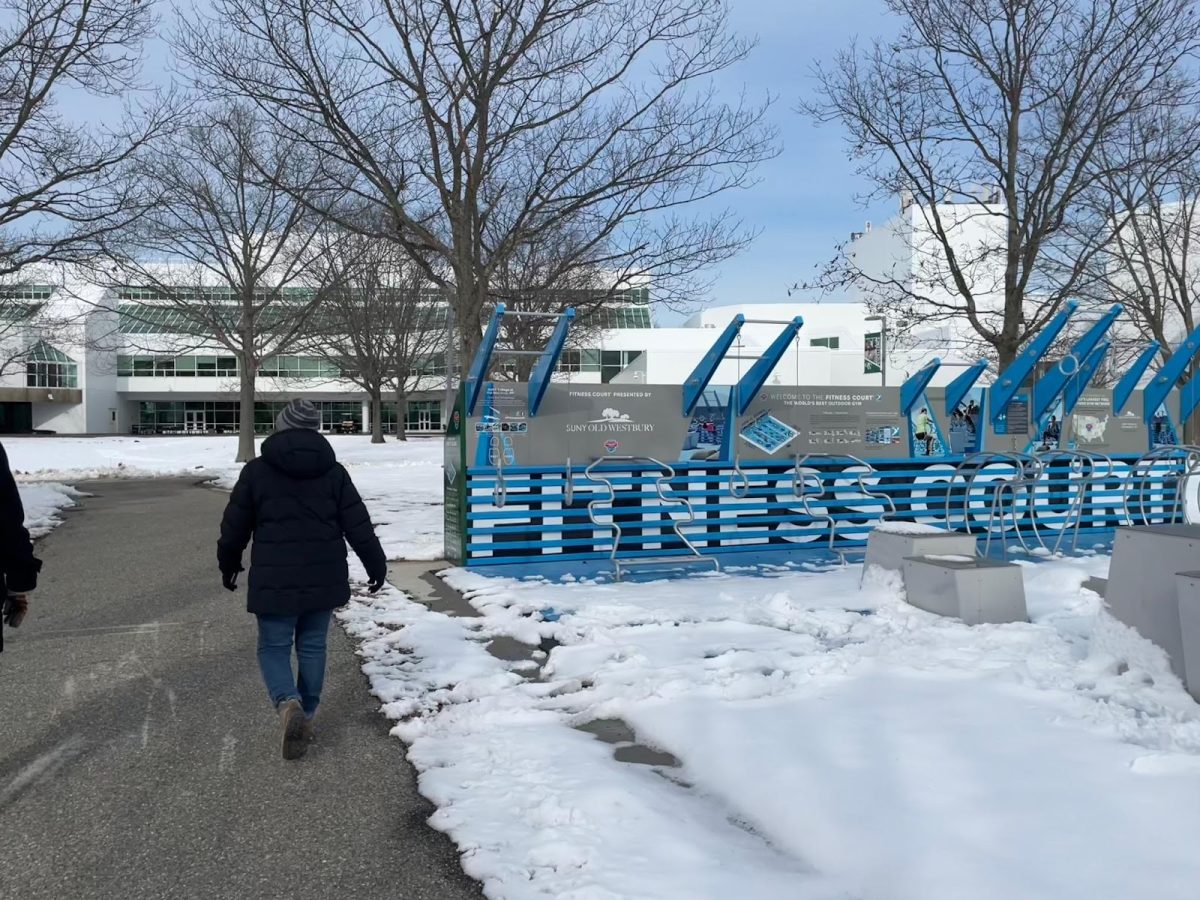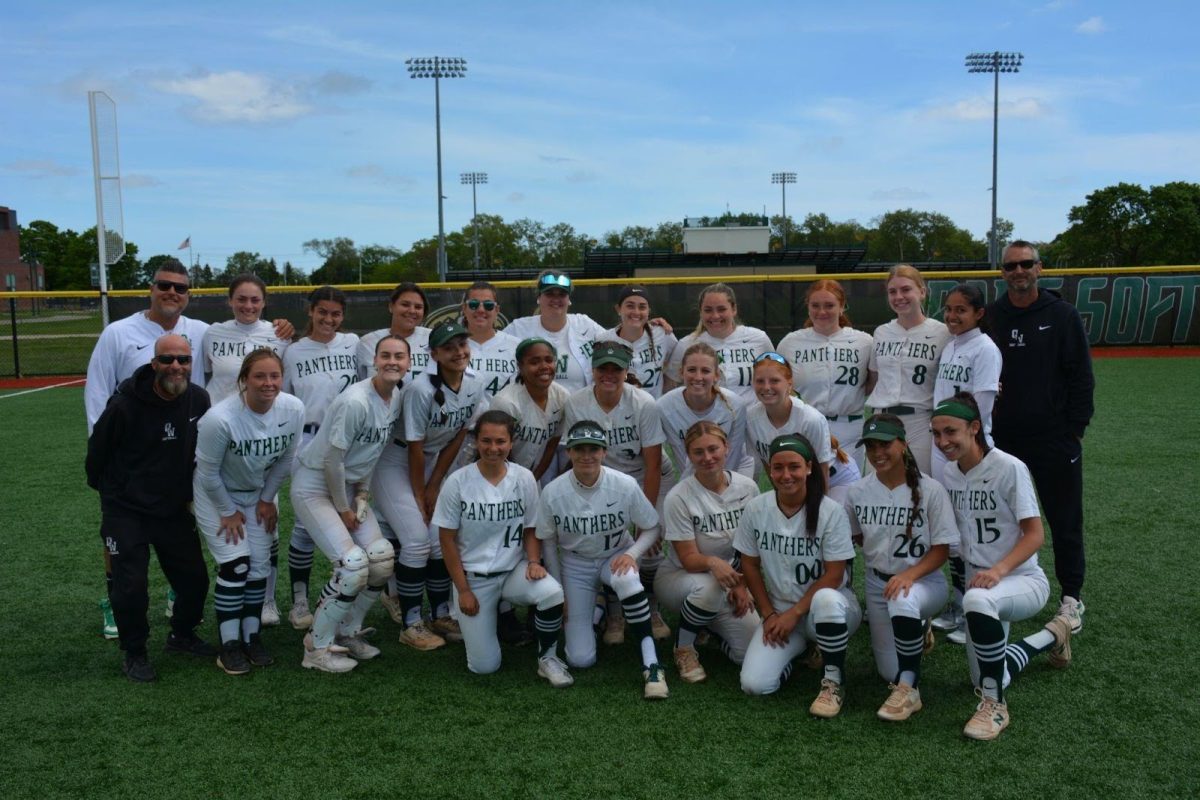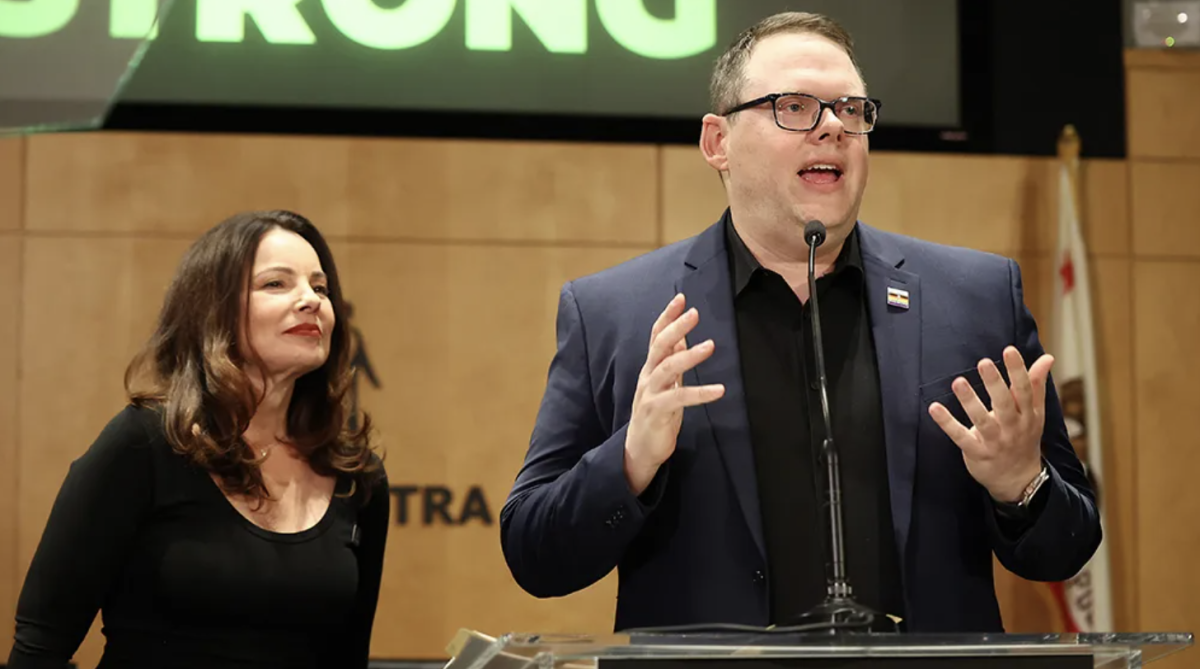
Some social media users may have been confused to see their favorite stars promoting their shows and movies on Friday. Others may have received the message loud and clear through celebratory posts, such as Noah Schnapp’s TikTok video: the SAG-AFTRA strike is over.
Variety reported that at a press conference on Friday, November 9, 2023, SAG-AFTRA announced that 86% of the guild has approved a tentative agreement, meaning the 118-day strike has finally concluded.
The deal includes wage increases, an increased contribution cap to support Health and Pension/Retirement funds and benefits, and policies to support actors on streaming services. SAG-AFTRA also explained certain protections the contract granted. “Meaningful protections for the casting process have been established, including provisions specifying that breakdowns, sides, and/or scripts shall be provided no less than 48 hours prior to the submission deadline (excluding weekends and holidays),” they said. “This is increased to 72 hours for minors.” There are also limitations created for how many industry standard pages actors can be expected to read for auditions and callbacks, and compensation for memorization requirements.
The guild’s president, Fran Drescher, said the deal “broke pattern, established new revenue streams and passed a historic $1 billion plus dollar deal with the most progressive AI protections ever written,” according to SAG-AFTRA. It also provides further protections to prevent sexual harassment and is based around principles of equity.
The contract is awaiting ratification. The deadline to vote is Tuesday, December 5 and informational meetings about the tentative deal will begin the week of November 13, 2023.
Drescher told Geoff Bennett of PBS NewsHour that there’s still some strides to be made. She explained, “even when it comes to auditions and interviews on home self-tapes, that has to be redefined.” Still, she’s content with the partial advancements made.
“We knew it was a historic time because of the digitization of our industry, and we knew that we needed a seminal deal,” Drescher expressed to Bennett. “And I feel very proud to say we got one.”
Actors can now resume practices they couldn’t engage in during the strike, which include but are not limited to on-camera acting, singing, dancing, and stunt-work, reported Today. Actors can also now promote their work and do other off-camera work such as voice acting and narration.
Even though the strike is now over, audiences will still have to wait a while before enjoying new shows and movies. The pre-production process of “scriptwriting to set building and costume design” needs to be established and created. “There will be a scramble to get every show and film back to set at once” that will create battles for shooting locations and crew members, according to USAToday.

